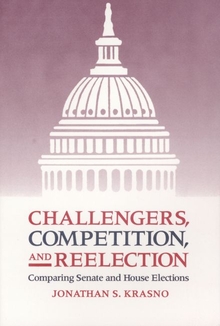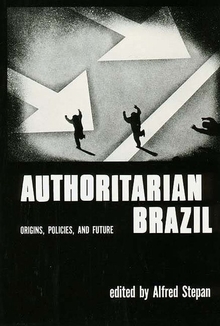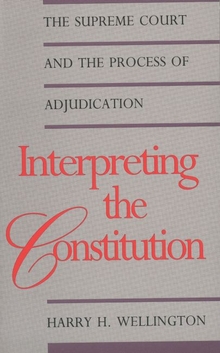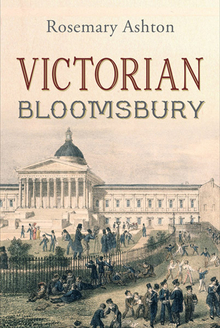Challengers, Competition, and Reelection
WARNING
You are viewing an older version of the Yalebooks website. Please visit out new website with more updated information and a better user experience: https://www.yalebooks.com
Comparing Senate and House Elections
Jonathan S. Krasno
Krasno, the first scholar to draw on the Senate Study—a survey conducted by the National Election Study specifically to analyze Senate elections—clearly and compellingly disposes of previous explanations for the vulnerability of senators. He argues that it is wrong to assume that the public holds senators responsible for the development of national policy while it looks to representatives to provide district service, an easier task. It is also not true that districts are easier to represent than states because their populations are smaller and less diverse. Nor, according to Krasno, do voters use different standards for evaluating House and Senate performance in office. The reason that senators lose more often than do representatives is the quality of their opponents. When challengers are formidable, both Senate and House incumbents face real struggles; improving the challengers is the best way to make House elections and other elections as competitive as Senate races.
"Krasno deals with the question of why Senate elections are more competitive than House elections better than anyone else. His book will be regarded as the authoritative treatment of the subject."—David Mayhew, author of Divided We Govern
"Breaks new ground by comparing House and Senate elections. This is a well-written and well-argued book that will shape our thinking about congressional elections. Krasno states his thesis clearly, presents a wide range of evidence supporting it, and presents compelling arguments as to why alternative explanations have gone astray."—Eric M. Uslaner, Annals of the American Academy of Political and Social Science
"An excellent book that makes a fundamental contribution to the congressional studies literature. It is well written and data packed. The book is most remarkable for providing overwhelming evidence to clarify many previously unresolved debates and for the number of new research hypotheses that it generates. The impact of these new hypotheses on the literature will be difficult to overstate. Krasno's excellent work will likely be a classic that is referenced in all future studies of Senate elections."—Janet M. Box-Steffensmeier, Journal of Politics
"I agree with Krasno's own assessment that this book will be the first word on the comparative study of Senate and House elections, and should be required reading for anyone toiling in the field of congressional elections research. It is relatively brief but data rich."—Paul Gronke, Congress & The Presidency
"This book is interesting to read because it is cogently argued and artfully written. It makes a valuable contribution to discussion about ethical issues in Congress, and it proposes a practical solution to the problem of congressional handling of issues. Accordingly, it not only contributes to understanding Congress, but it also can be helpful in working out new, more effective congressional practices in dealing with ethics violations."—Samuel C. Patterson, Political Science Quarterly
Publication Date: February 27, 1997








